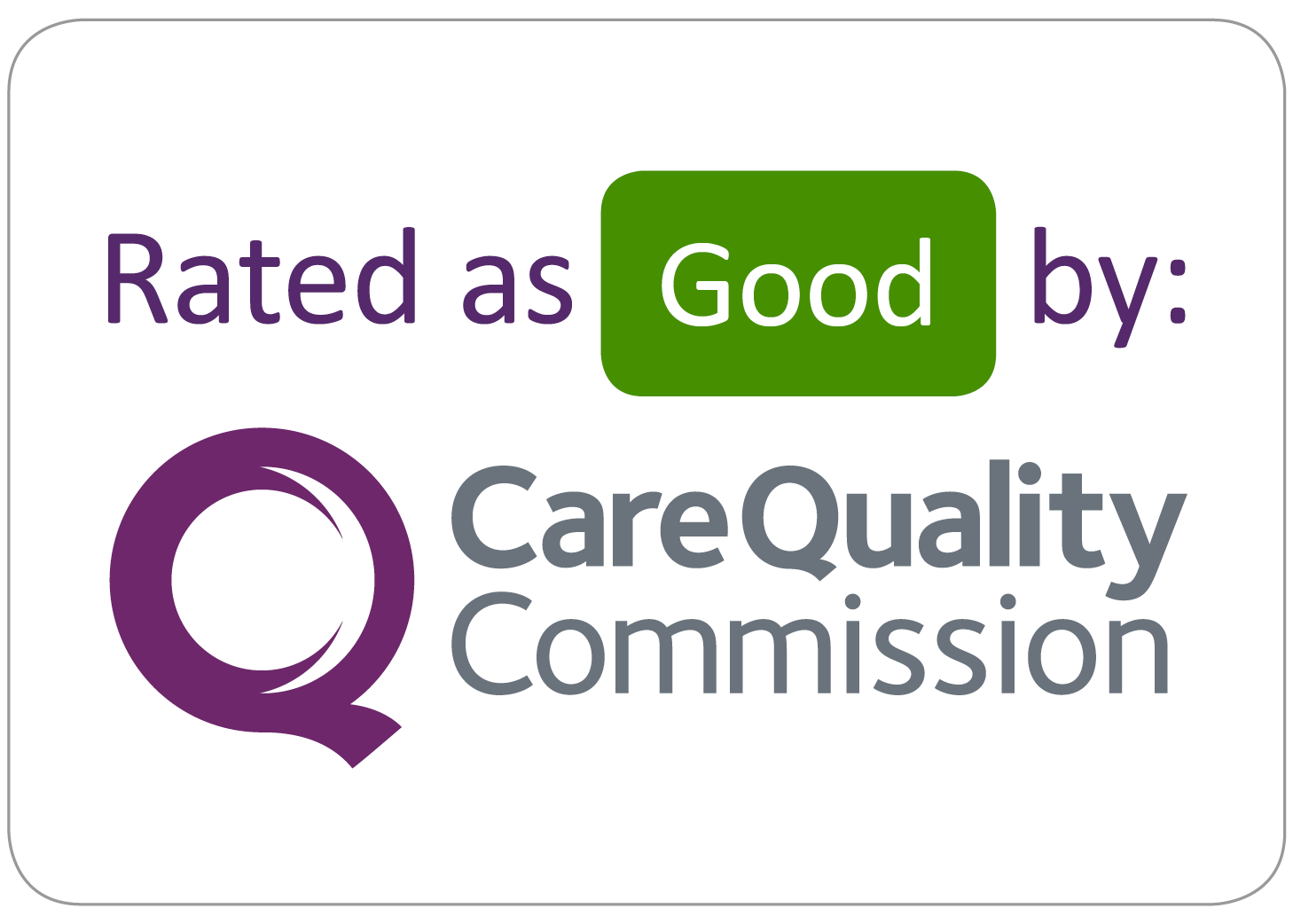EMG (Electromyography)
Nerve Conduction Study (NCS) & Electromyography (EMG) |
What is an NCS? |
A nerve conduction study is a test on the nerves in the arms and/or legs. These studies are performed by passing a small, controlled electric current along the nerve and measuring how long it takes for the current to travel along the nerve. Electrodes are placed on the hands/ arms or feet/legs. Electrical pulses are passed through the skin and recordings are made of the signals further along the nerve. The electrical pulses produce a tingling sensation, which can be uncomfortable. Some of the pulses will cause your muscles to briefly twitch.
After the test is finished you will be free to continue as normal, there will be no after effects.
These tests take 45-60 minutes to complete and your results will be sent to the referring GP/clinician and are usually available within seven days.
|
What is an EMG? |
Electromyography is the recording of the electrical activity that your muscle naturally produces. This is done by placing a fine recording needle into the muscle. This might be slightly uncomfortable but not painful, like a pinprick. Several muscles will be tested. As with all needles, on occasion you may be left with a small bruise.
If you are taking anti-coagulants (blood thinning medication) you have a higher risk of bleeding than someone who does not take these medications. However, the risk from an EMG needle is very small and the clinician seeing you will take precautions to prevent bleeding, such as pressing on the area of skin to reduce the bleeding. If you are taking Aspirin or Warfarin please inform the physiologist, and you will likely be asked what your latest INR result is (occasionally the test will not be able to continue if your INR is not at an appropriate level).
An EMG test also includes an NCS.
After the test is finished you will be free to continue as normal, there will be no after effects.
These tests take 30 minutes to complete and your results will be sent to the referring GP/clinician and are usually available within seven days.
|
How do I prepare for the test? |
!YOU MUST NOTIFY THE DEPARTMENT IF YOU HAVE BEEN FITTED WITH A PACEMAKER!
Please keep hands and feet as warm and clean as possible, and do not use hand lotions or creams. Wearing loose fitting clothing that can be rolled up to the upper arm/shoulder and mid-thigh would be helpful. Socks or tights need to be removed for investigations on the feet.
We would request that bracelets, rings, and watches be removed for tests on the hands. (However, do not worry if you are unable to remove a ring, we will be able to work around it).
If you are taking any medication please take them at the usual time and bring a list of these medications with you.
You can continue to eat meals as normal.
|

















